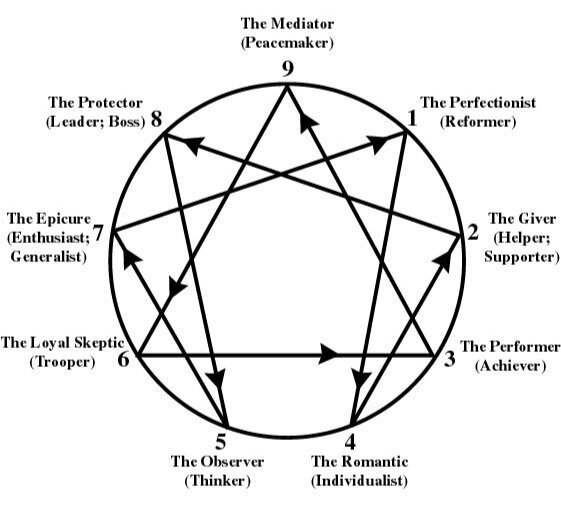Feelings & fears: why they matter & how to make space for them at work
I am often called in as a mediator because of ‘ineffective and unproductive behaviour’ (to put it mildly).
Organisations often address problems at a behaviour level, perhaps because it feels more comfortable to do this. We often have policies and procedures to deal with ‘problem behaviour’. But these behaviours are symptoms. They can only be meaningfully and sustainably addressed through uncovering the root causes. Problem behaviours stem from difficult feelings that have not been acknowledged…
Finding the humanity in conflict
"I wish they could realise that I am a human being not a function."
This longing, expressed to me by a leader in a recent team mediation, is at the heart of so many conflicts.
A deep desire to be seen, heard, understood, considered.
But it is usually hidden under layer upon layer of accusations (they treat me badly, they don't respect me, they don't care how I feel)…
The power of pinpointing emotions - for yourself and others
My son turned 7 last week. When I picked him up from school he described his day… Isaac: ‘Everyone sang happy birthday to me. It was nice but a bit embarrassing.’ Me: ‘So you felt embarrassed but still liked it?’ Isaac: ‘No - I mean I mostly liked it but was a little bit embarrassed too.’
It may seem a minor thing to celebrate, but I'd just spent time with a senior team, teaching them to notice and name their emotions. Their inability to do this has kept them stuck in a perpetual, unconscious cycle of mistrust, reacting to each other without really understanding why. So to be corrected by my son for emphasising the wrong emotion felt reassuring…
How to have a courageous conversation
Just before lockdown, Dr Rachel Morris interviewed me for her brilliant 'You are not a frog' podcast about how to manage difficult conversations that arise during change, crisis and conflict. The recording is now live and our conversation is even more relevant today, as leaders navigate perpetual uncertainty and as teams figure out how to work together in our changed world…
Overcoming fear of conflict to build high functioning teams
Fear of conflict - one of Patrick Lencioni’s Five Dysfunctions of a Team. ‘Artificial harmony’ is a sign of this dysfunction. Teams develop a fear of conflict when trust is absent. Conversely, leaders who model and encourage vulnerability build a trusting environment which makes constructive conflict possible…
The future of leadership: what we need most is empathy and humility
I’ve been reflecting a lot on leadership - political and business - during this pandemic. Brian Eno’s Rethink Essay on the future of leadership (on BBC Radio) compares the ‘macho, media-savvy, authoritarian’ leadership style that the countries who have suffered worst from Covid share, with the cooperative style demonstrated by (female) leaders in Germany, New Zealand and Taiwan, countries which have had much better results…
Who am I if I’m not helping? Reflections on identity from a teamless leader in lockdown
A few weeks into lockdown, I started to realise that one of the things I was finding hard was that I had no team to help through the Covid-19 crisis. […] This longing to help people was painful at first as I felt powerless. Stuck at home, self employed, team-less. It was as if my wings had been clipped. And on top of that, my planned team facilitation and mediation projects were put on hold due to Covid-19…
Understanding personality: How to bring out the best in yourself and others
Personality matters. And never more so than in these stressful times when many of us are remote working and when our usual personality traits are likely to be amplified. I have mediated countless workplace conflicts that had their origins in - or escalated due to - personality clashes. […] Inspired by the Lumina Spark* psychometric, here are some tips to help you understand and manage your personality, to bring out the best in yourself and others…








